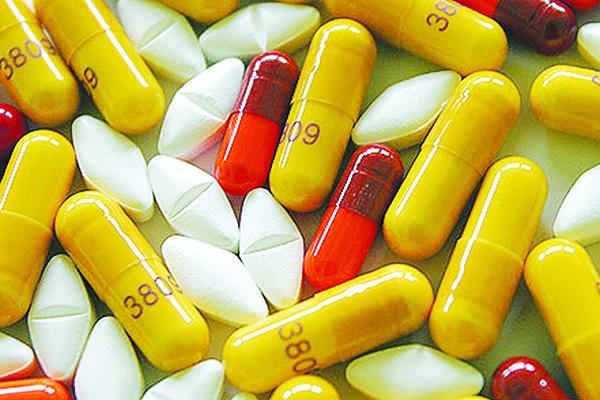
AT least 92% of health facilities in the country now provide antiretroviral therapy (ART), which suppresses the HIV virus and stops the progression of the disease, a Health ministry official has said.
By Phyllis Mbanje
Deputy director for STIs/HIV in the Health and Child Care ministry, Tsitsi Apollo, said the development was pivotal in achieving the goal of ART programmes which is to reduce HIV-related illnesses and deaths.
“Reduced number of hospitalisation and health care costs increases the productivity of individuals with a positive effect on the country’s economy. The number of Aids orphans is also reduced as parents live longer while on treatment,” she said.
The Health ministry introduced the opportunistic infections and antiretroviral therapy (OI/ART) programme in April 2004.

The programme was implemented in a phased approach starting with five learning sites followed by a rapid expansion to the current 1 545 (92%) of the total health facilities in Zimbabwe providing HIV treatment.
“This is in line with country’s thrust towards decentralising ART services closest to where people live,” Apollo said.
- Chamisa under fire over US$120K donation
- Mavhunga puts DeMbare into Chibuku quarterfinals
- Pension funds bet on Cabora Bassa oilfields
- Councils defy govt fire tender directive
Keep Reading
Since its inception, the National ART Programme has expanded to reach 842 372 people receiving treatment including children, adolescents and adults. Females constitute 62% of all people on treatment. Antiretroviral therapy is given as a combination of at least three antiretroviral (ARV) medicines to maximally suppress the HIV virus and stop the progression of the disease.
“ARVs suppress the replication of HIV, restore the immune function and protect an individual against other diseases,” Apollo said.
The advent of ART has also improved the survival of persons living with HIV and Aids and their quality of life.
It also reduces transmission of HIV from infected to uninfected individuals through expanded ART coverage and earlier initiation of HIV treatment for certain groups.
The ART programme implementation continues to be undertaken in the context of a comprehensive care and support package that addresses medical, social and emotional needs of people living with the HIV virus.











